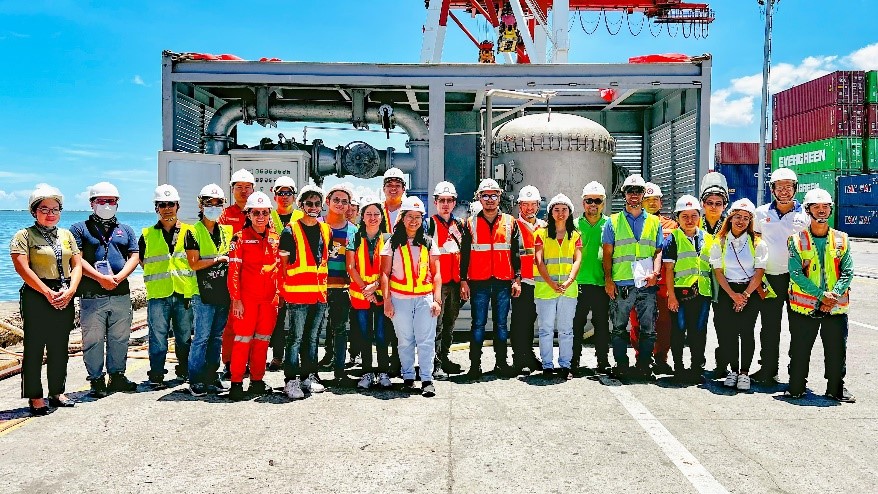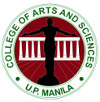Spotlight: PORTEC Project

As an environmental advocate, Assistant Professor Melody Anne Ocampo, a member of the Environmental Biology Unit of the Department of Biology (DB) at the College of Arts and Sciences (CAS), has dedicated her time and expertise in advancing this field through the PORTEC Project (Port and Ballast Water Baselines using Ecological, Microbiological and eDNA approaches). The project aims to establish an inventory of the macrofouling, and bacterial communities present and their successions using PICES collectors, eDNA approaches and next generation sequencing for port baseline studies. Thus, this project will create port ecological baseline to determine the kinds of organisms present in our port waters. According to Planetary Health Philippines, it is the goal of the project to establish data on the port and ballast water viable cell counts of indicator bacteria: Escherichia coli, Vibrio and intestinal Enterococcus, according to IMO D-2 standards and to identify the biological community present in ballast water through eDNA approaches.
The Ballast Water and Biofouling Management Research Program was established in response to the Ballast Water Management Convention (BWMC) and Anti-Fouling Systems Convention (AFS) that were acceded by the Philippines on June 8, 2018. Asst. Prof. Ocampo stated that the guidelines encompassed in BWMC G7 and G14 oblige the Philippines to ensure the compliance of the country’s ports and maritime industry to the conventions to lessen the risk of species translocation and spread of harmful marine organisms and pathogens to further prevent biological invasion and public health threats. The project has been given funding of forty- five million pesos by the Department of Science and Technology – Philippine Council for Industry, Energy and Emerging Technology Research and Development (DOST-PCIEERD) with seven cooperating agencies, with UP Manila as the lead implementing agency.
Initial findings of the study showed 35 marine non-indigenous species (MNIS) in Philippine ports with serious economic and ecological impacts to aquaculture and fisheries. According to Asst. Prof. Ocampo, this shows presence of MNIS and other invasive species is a pressing environmental problem in the country with possible public health risks.
Being the pioneer project in the country, this study makes use of the best ecological, microbiological and molecular approaches. Asst. Prof. Ocampo explained that an understanding of port ecology through establishing and monitoring baselines provides a framework for efforts in crafting ballast water management guidelines and regulations, treatment strategies, and risk assessment. This will benefit the Philippine maritime industry and maritime science, she further stressed.
Asst. Prof. Ocampo’s passion and commitment to teaching and research have not only given recognition to the college but can also inspire its budding student researchers to conduct future studies in environmental science and related fields which can serve as a catalyst for innovation and progress.
Article written by Dina Estanislao
